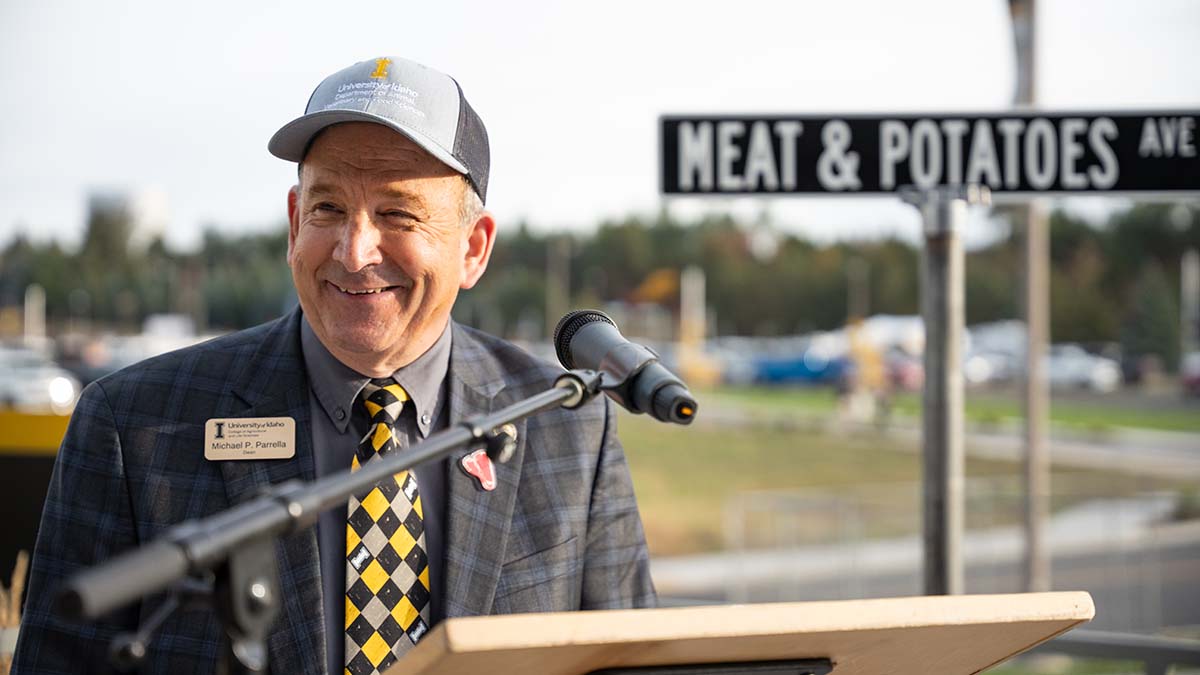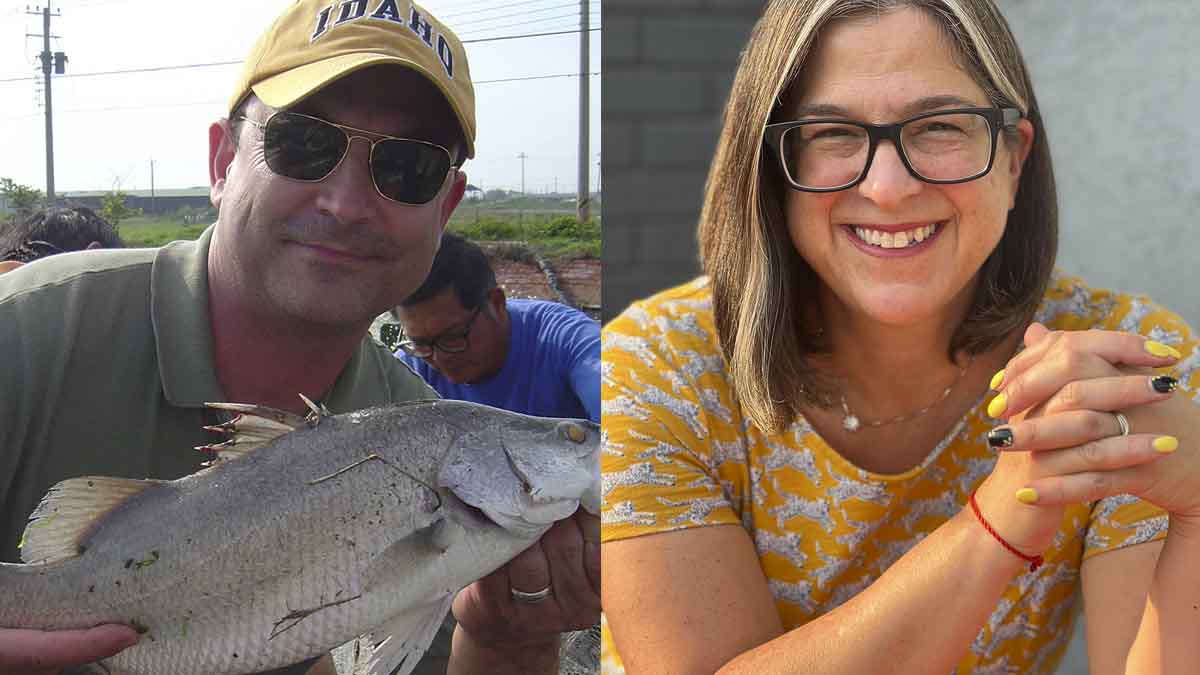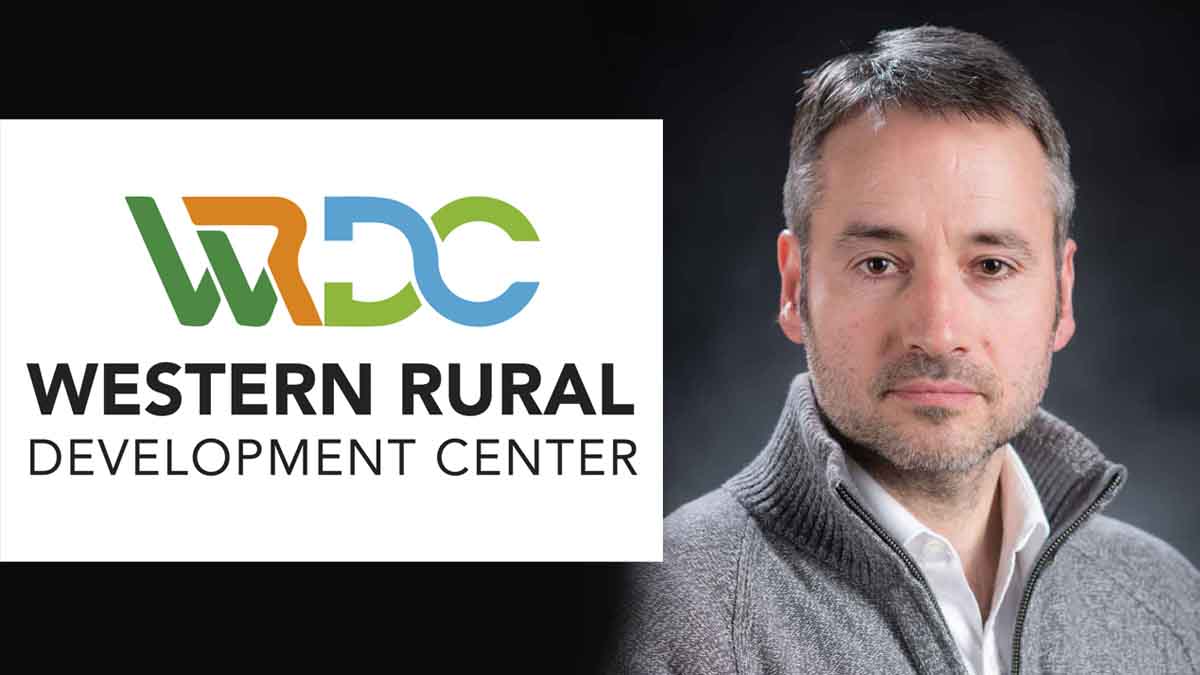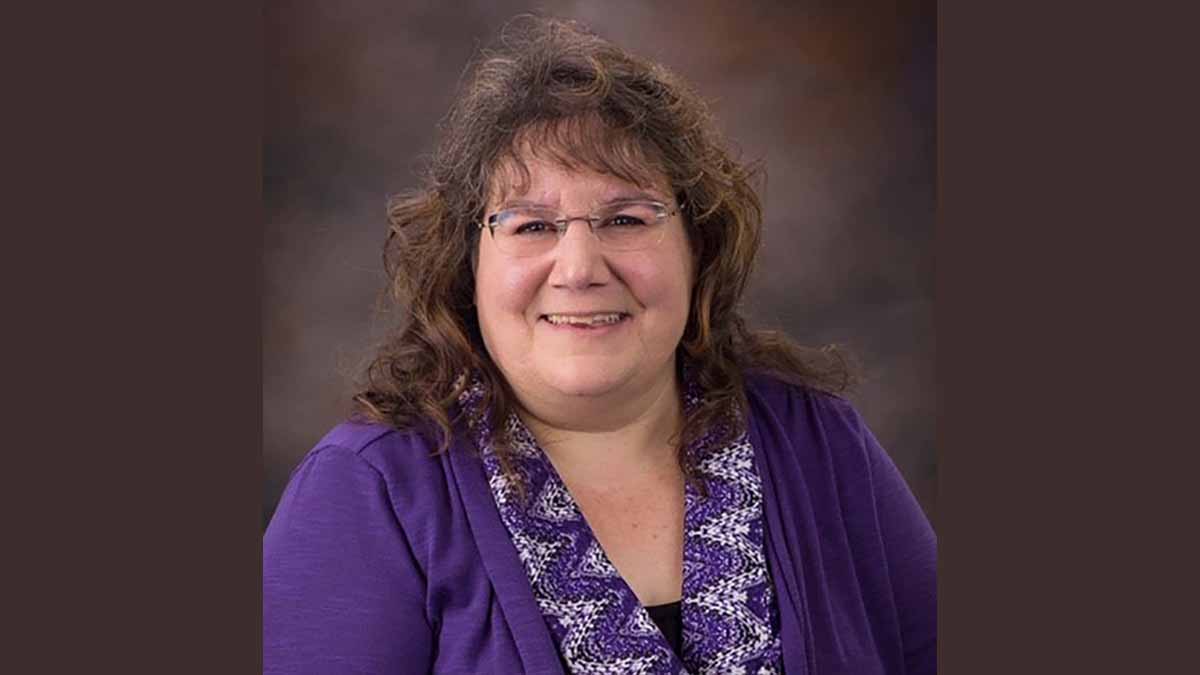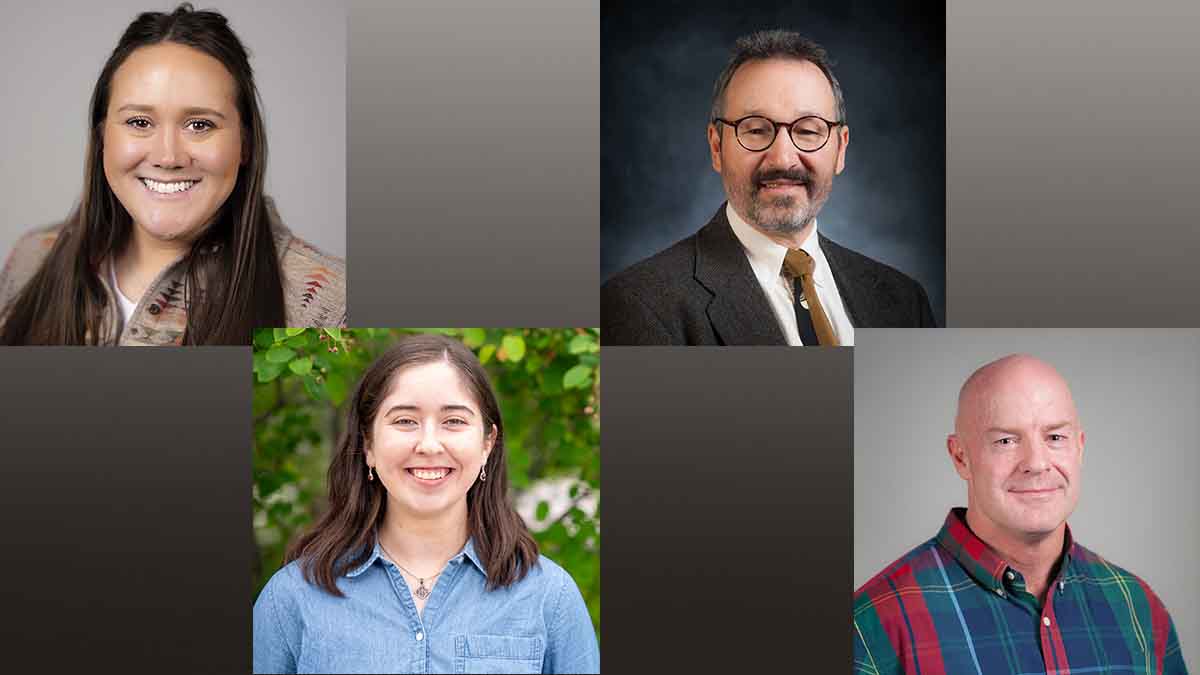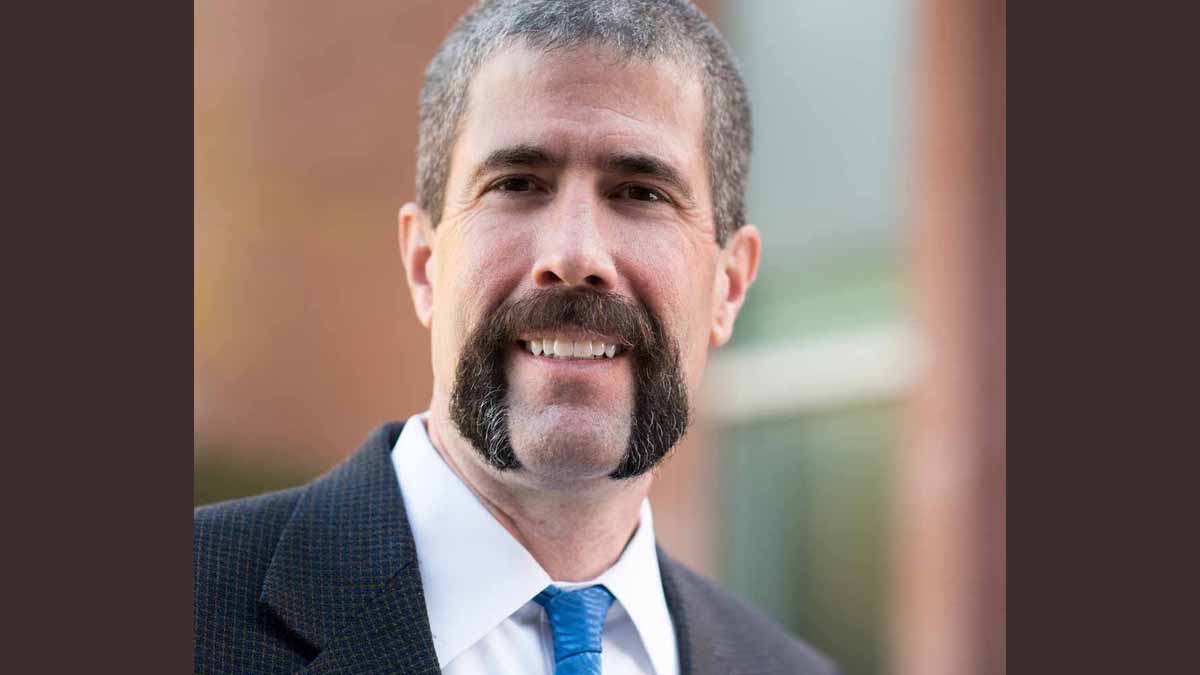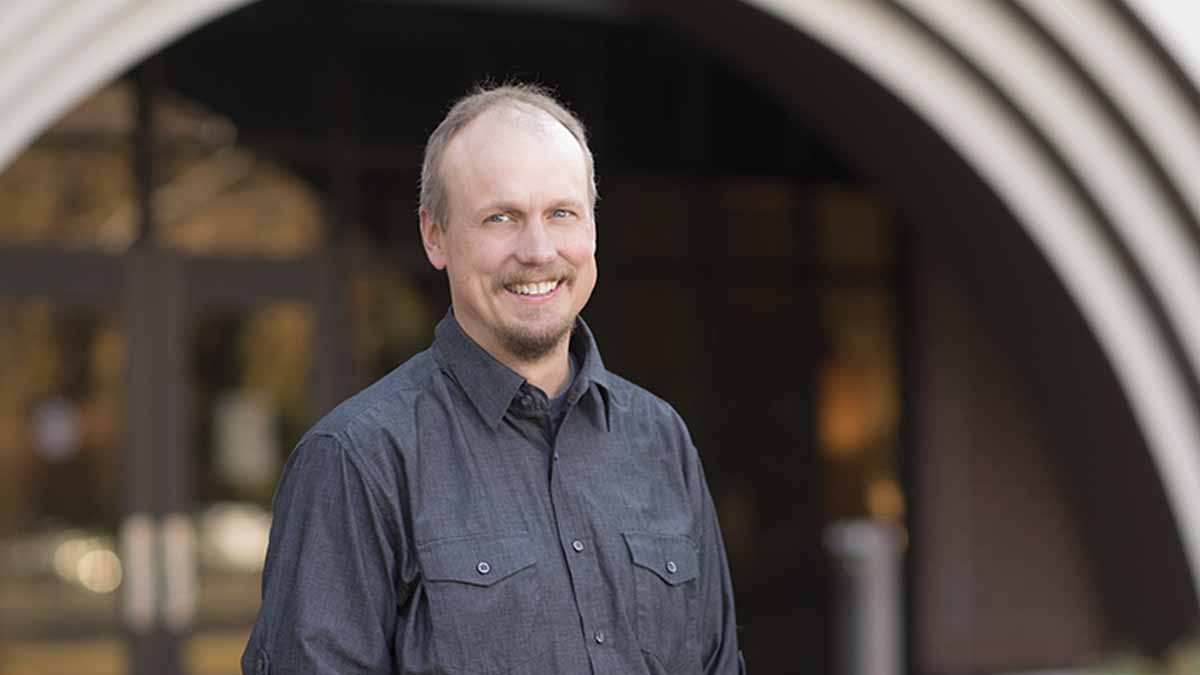Catching Up with CALS — Sept. 18, 2024
Dean's Message — A Legacy of Building
There’s never a perfect time to take on a big capital project and waiting only leads to escalating costs. Building a facility worthy of an elite research institution begins with a reality check, followed by a leap of faith. When I started my tenure dean of the College of Agricultural and Life Sciences (CALS) in 2016, I brought a leadership philosophy that I believe has been a catalyst for remarkable change — I’m a risk taker, I think big and I’m not afraid to fail. Thanks to the support of CALS Deans and Directors, CALS Leadership and university administration, several of our grandest visions have come to fruition. Having come from one of the world’s top agricultural colleges at University of California, Davis (UC Davis), I was taken aback by the state of the CALS facilities I saw. Our off-campus research stations had operated for a century with little to no investment or deferred maintenance. Accomplished faculty at these stations were conducting research in conglomerations of dilapidated, modular structures, some lacking permanent foundations. On campus, our Seed Potato Germplasm Program was producing the plantlets that are the foundation of Idaho’s most famous industry on the fifth floor of the E.J. Iddings Agricultural Sciences Building, adjacent to our plant sciences teaching laboratory. I feared the arrangement exposed our germplasm to potential contamination and our university to possible liability. Moreover, the setup wasn’t worthy of a $1.41 billion crop that’s become the gold standard for quality and represents about a third of total U.S. potato production. Nor did it reflect a capstone U of I potato program encompassing about 30 researchers.
A pivotal moment came when the Idaho Potato Commission (IPC) and I toured the germplasm facility UC Davis uses to support strawberries and other crop industries. We asked many questions, and we developed a shared vision of what could be in Idaho. A blueprint emerged that our college has repeatedly followed, positioning CALS for a string of ensuing ribbon-cuttings and prolonged success. We realized we can’t do it alone, and projects that would be impossible for any individual entity become manageable when we build coalitions and leverage partnerships.
After working closely with the IPC, industry leaders, other stakeholders and state officials, we celebrated the grand opening of a state-of-the-art, $5.7 million Seed Potato Germplasm Laboratory located prominently on Perimeter Drive in March 2022. Last October, we broke ground on another facility on the campus’s Perimeter Drive that will house our meat sciences program and Vandal Brand Meats — the $17 million Meat Science and Innovation Center Honoring Ron Richard. Again, a coalition of industry supporters, government officials, university leaders and stakeholders assembled and overcame substantial obstacles to put a vision on course toward becoming reality. The 12,750-square-foot abattoir will replace a facility built in the 1960s, providing dedicated spaces to host multiple functions simultaneously, cutting-edge equipment and far greater operational efficiency. CALS will be well positioned to help meet the workforce needs of processing plants requiring skilled workers that are opening throughout Idaho, where 8,100 cattle operations support 2.5 million head of cattle valued at more than $2.6 billion.
By far, the most complex, challenging and ambitious of our capital projects has been our decades-long quest to build the Idaho Center for Agriculture, Food and the Environment (Idaho CAFE), which will include the nation’s largest research dairy in Rupert. Idaho is the nation’s No. 3 dairy producer. The state’s dairy production was valued at $3.5 billion in 2023. Research at CAFE will help develop strategies to mitigate greenhouse gas emissions from animals, housing areas, waste systems and in-field applications, advancing the dairy industry’s nationwide net zero initiative. The facility will even seek markets for dairy waste, which may be made into valuable byproducts such as bioplastics and transportable fertilizers. The first phase of construction on the project is nearing completion, and Idaho CAFE is on pace to open in early 2026. Idaho CAFE has benefited from strong support by Idaho’s dairy and allied industry, the state Legislature, the federal government and the Idaho Board of Land Commissioners.
In recent years, we’ve opened several other facilities and launched some impressive programs through our mindset of taking bold action rather than settling for the status quo. CALS established the Sandpoint Organic Agriculture Center in central Bonner County as its sole facility devoted to organic crop production in 2018. In 2019, in partnership with the College of Natural Resources, CALS acquired Rinker Rock Creek Ranch in the Wood River Valley of central Idaho as a living laboratory for rangeland research. In 2020, CALS opened a new facility for teaching and outreach at the Nancy M. Cummings Research, Extension and Education Center in Salmon, which houses the college’s main cow-calf operation. In February, CALS celebrated the grand opening of the Idaho Center for Plant and Soil Health, which is a $13.1 million, 9,600-square-foot facility replacing outdated laboratory space at the U of I Parma Research and Extension Center. The new building is home to research in critical fields including nematology, pomology, plant pathology, hops quality and microbiology.
This list of accomplishments we’ve achieved together during my tenure as dean is much longer than I ever would have thought possible when I left California to accept a new challenge at U of I. In each case, we had to overcome an unnerving feeling that perhaps we had bitten off more than we could chew. The secret to success has been bringing together internal experts and external stakeholders behind a common vision and a belief in strength in numbers. As we forge ahead, the hope is that our many partners will feel more invested in our programs than ever. After all, they helped build them.

Michael P. Parrella
Dean
College of Agricultural and Life Sciences
By the Numbers
Through support from the Idaho Legislature, the UI Extension Digital Economy Program (DEP) was launched the end of 2022 to reduce the digital divide and ensure no one is left behind, nor left offline, in our increasingly digital society and economy. The DEP offers a broad range of courses to help Idahoans feel successful using technology in everyday life. To date, 77 Idahoans have completed the online Certified Remote Work Professional course to access opportunities in remote employment, freelance work or entrepreneurship. Since its launch in June 2024, 63 individuals have enrolled in the online Build and Grow Your e-Business course for small business owners and aspiring entrepreneurs. Between September 2023 – July 2024, 1,387 Idahoans increased their confidence utilizing technology and online tools for access to education, employment opportunities, healthcare, government services, social interactions, news and information, entertainment and much more through online essential digital skills courses or engaging in-person at local workshops or one-one-one tech help sessions with one of DEP’s 9 AmeriCorps members serving as Digital Navigators in rural, tribal and underserved communities across the state. The DEP also collaborates with organizations across the state to jointly identify and help address barriers to digital access and adoption, including providing tools and information to 5 local broadband action teams working to expand high-speed internet infrastructure in their communities.
Our Stories

Parrella Announces Retirement
In nearly nine years as dean of University of Idaho’s College of Agricultural and Life Sciences (CALS), Michael Parrella has overseen a period of sustained and dramatic growth in programs, enrollment, reputation, facilities and external research funding.
Parrella, who also holds the title of special assistant to the president for agricultural initiatives in recognition of his many contributions to the university, recently announced he will retire on June 21, 2025, leaving ample time for a national search for his replacement.
Parrella joined the university as CALS dean and a professor of entomology in February 2016. He previously served as a University of California, Davis Department of Entomology faculty member beginning in 1989, chairing the department from 1991 through 1999 before becoming associate dean of the Division of Agricultural Sciences.
In his current role, Parrella leads more than 240 faculty based on campus and throughout the state at nine research and extension centers and UI Extension offices located in 42 counties and three federally recognized tribal reservations.
“President Green and I appreciate Michael’s commitment to the college and nine years of impactful service to U of I ,” said Torrey Lawrence, provost and executive vice president. “Michael has been a dedicated advocate for the College of Agricultural and Life Sciences and Idaho agriculture during his tenure, aligning his passion and energy with the core tenets of our institution’s land grant mission to improve the lives of all Idahoans.”

Administrative Team Additions
The College of Agricultural and Life Sciences (CALS) recently filled two key positions on its administrative team.
Rachael Bickerton started Sept. 3 as CALS director of government and external relations, replacing Brent Olmstead, who retired last November.
Matt Powell, a professor in the Department of Animal, Veterinary and Food Sciences and associate director of the U of I Aquaculture Research Institute (ARI), Hagerman Fish Culture Experiment Station since 2002, was chosen as interim associate dean for research and director of the Idaho Agricultural Experiment Station. The position was formerly held by Mark McGuire, a university distinguished professor in the Department of Animal, Veterinary and Food Sciences.
Bickerton has extensive experience in the realms of higher education, sustainability and government relations and describes the skillset she’s developed as a Swiss Army knife.
Bickerton earned a law degree in the United Kingdom and worked in the music industry early in her career. In 2008, she moved to Idaho and joined the Boise State University staff, working for a decade as director of trademark licensing and enforcement. She accepted a job with The Coca-Cola Company in 2018, where she started in the College and Universities account team and then shifted focus to government relations and sustainability issues.
“I had a lot of experience with some very challenging conversations with legislators and customers, especially relating to packaging and recycling and working with stakeholders to minimize waste to landfill by increasing recycling and lowering the company’s carbon footprint,” Bickerton said.

U of I Opens Western Rural Development Center
University of Idaho has opened its first federally funded center, which is tasked primarily with organizing research-based studies and educational outreach programs to address problems facing rural communities.
The Western Rural Development Center (WRDC) — one of four rural development centers throughout the country created by Congress’s passage of the Rural Development Act of 1972 — recently ceased its affiliation with Utah State University (USU). U of I received federal funding to operate it in early September.
The centers are funded by the U.S. Department of Agriculture’s National Institute of Food and Agriculture (USDA-NIFA) to “link science-based research and educational outreach capacity of the nation’s public universities with communities, local decision-makers, entrepreneurs, families and farmers and ranchers to help address a wide range of development issues.”
Regional centers seldom change hands. The WRDC, for example, was launched out of Oregon State University before moving to USU in 1999. Ongoing WRDC projects have transferred to the new staff’s oversight at U of I.
“As the new home of the Western Rural Development Center, the University of Idaho solidifies its role as a leader in driving innovative solutions for rural communities not just in our state, but across the entire Western region,” said Gov. Brad Little. “Idaho’s strong agricultural roots combined with our commitment to rural development uniquely positions us to address the critical challenges facing rural areas today. This center will allow Idaho to further leverage its strengths, fostering collaboration and expanding research-based solutions that enhance the vitality of rural communities. It underscores Idaho’s leadership in shaping the future of the West.”
Faces and Places
Karen Richel has been accepted to present “The Power of Core Memories in Financial Education for Youth” during the 23rd Annual Hawaii International Conference on Education, to be held Jan. 4-7 in Honolulu.
Audra Cochran, Maddie Goebel, Chris Schnepf and Randy Brooks have received the 2024 Family Forest Education Award for best Comprehensive Program by the National Woodland Owners Association and National Association of University Forest Resources Programs.
Joseph Dalton, professor and Extension dairy specialist, was the recipient of the 2024 DeLaval Dairy Extension Award presented by the American Dairy Science Association. The award recognizes outstanding achievement in dairy Extension.
Erin Brooks, a professor of agricultural engineering with the Department of Soil and Water Systems, was selected to represent CALS during the Oct. 17 Power of Possibility (POP) Talks. He is co-director of the $55 million Innovative Agriculture and Marketing Partnership (IAMP), which is the largest grant in U of I history, and he will have minutes to speak about IAMP. Audience members, both in-person and virtual, will get to vote for their favorite of eight presentations.




Events
- Sept. 24-Nov. 19 — Get the Dish - A Virtual Cooking Series, Online
- Sept. 28 — Stillinger Herbarium Open House (pdf), Moscow
- Oct. 4 — CALS Days, Moscow
- Oct. 8 — CALS Networking Night, Moscow
- Oct. 17 — Power of Possibility (POP) Talks, Moscow







